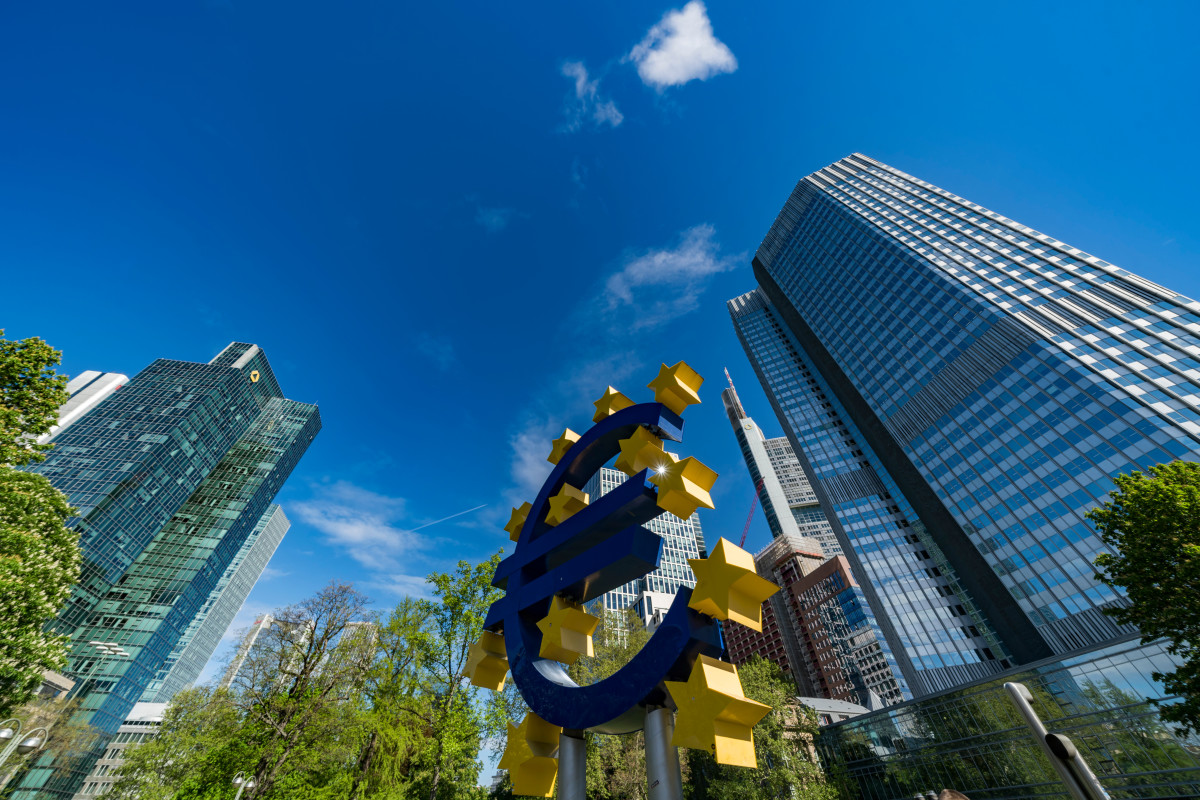European Central Bank President Calls for Urgent Crypto Regulation After Russian Sanctions
On Friday, European Central Bank (ECB) president Christine Lagarde exhorted lawmakers to quickly approve a regulatory framework on crypto to prevent Russia from skirting economic sanctions, according to Bloomberg.
The European parliament initially introduced draft legislation known as Markets in Crypto Assets (MiCA) in September 2020 to govern virtual asset regulation in the European Union. The legislation was up for a vote at the European Parliament on Monday, but it was delayed amid concerns that it might be perceived as a ban on proof-of-work technology. A new voting date has not yet been scheduled.
However, amid a raft of sanctions levied on Russia this week, the ECB president has pressed for the legislation to speed up, hinting that Russia might capitalize on cryptocurrency as a way to skirt sanctions: “Whenever there is a ban or prohibition or a mechanism in place to boycott or prohibit, there are always criminal ways that will try to circumvent the prohibition or the ban,” Lagarde said.
“It’s so critically important that MiCA is pushed through as quickly as possible, so we have a regulatory framework within which crypto assets can actually be caught,” she added.
The MiCa legislation would create “a regulatory framework for the crypto-assets market that supports innovation and draws on the potential of crypto-assets in a way that preserves financial stability and protects investors.”
Last fall, the U.S. Treasury Department cautioned that the impact of American sanctions could be weakened or threatened by cryptocurrencies.
Russian entities have garnered approximately $400 million in cryptocurrency from ransomware attacks in the last year, according to blockchain transaction analytics firm Chainalysis.
Many rely on the dark web crypto marketplace known as Hydra, which makes it difficult for authorities to trace even crypto transactions on blockchain.
“The lessening of US sanctions power comes from a system where these nation-states are able to do transactions without going through the global banking system,” Yaya Fanusie of the Center for a New American Security told the New York Times.
Credit: Source link


 Bitcoin
Bitcoin  Ethereum
Ethereum  Tether
Tether  XRP
XRP  Solana
Solana  USDC
USDC  Dogecoin
Dogecoin  Cardano
Cardano  TRON
TRON  Lido Staked Ether
Lido Staked Ether  Wrapped Bitcoin
Wrapped Bitcoin  Sui
Sui  Chainlink
Chainlink  Avalanche
Avalanche  Stellar
Stellar  LEO Token
LEO Token  Toncoin
Toncoin  Shiba Inu
Shiba Inu  Hedera
Hedera  Wrapped stETH
Wrapped stETH  USDS
USDS  Bitcoin Cash
Bitcoin Cash  Litecoin
Litecoin  Polkadot
Polkadot  Hyperliquid
Hyperliquid  Binance Bridged USDT (BNB Smart Chain)
Binance Bridged USDT (BNB Smart Chain)  Bitget Token
Bitget Token  WETH
WETH  Ethena USDe
Ethena USDe  Pi Network
Pi Network  Monero
Monero  WhiteBIT Coin
WhiteBIT Coin  Wrapped eETH
Wrapped eETH  Coinbase Wrapped BTC
Coinbase Wrapped BTC  Pepe
Pepe  Uniswap
Uniswap  Aptos
Aptos  Dai
Dai  OKB
OKB  NEAR Protocol
NEAR Protocol  Ondo
Ondo  Official Trump
Official Trump  Bittensor
Bittensor  Internet Computer
Internet Computer  Gate
Gate  sUSDS
sUSDS  Ethereum Classic
Ethereum Classic  Aave
Aave
Comments are closed.